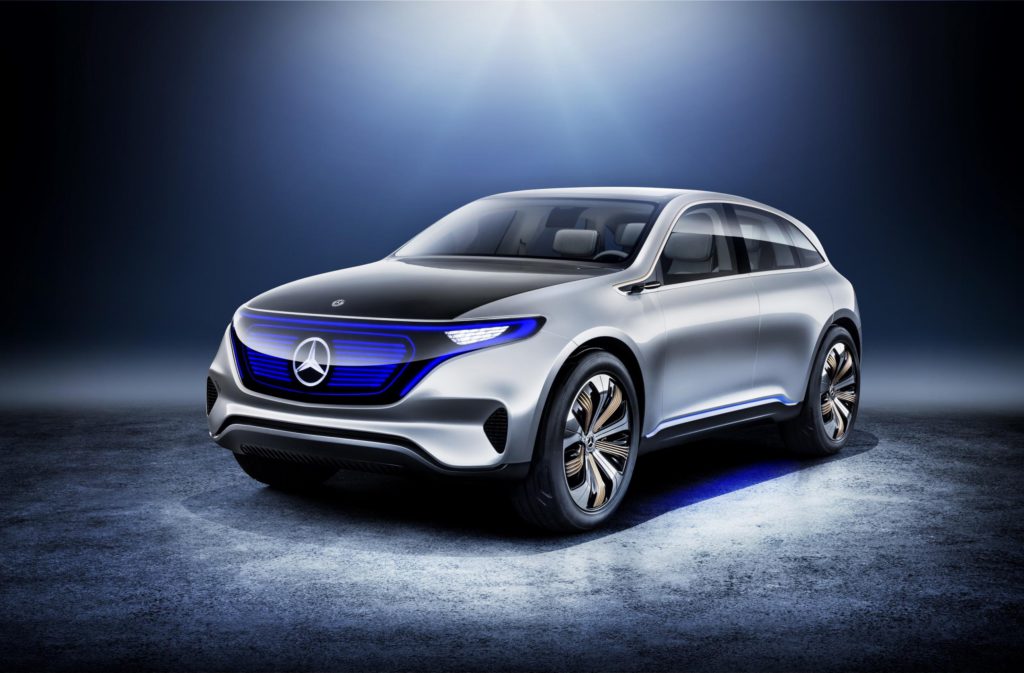Daimler expects to bail out suppliers over EV development
13 February 2018

13 February 2018
German vehicle manufacturer Daimler has warned that a fall in demand for diesel cars and a switch to electric vehicles (EVs) could force it to ′prop up’ its supplier base.
As carmakers face intense scrutiny over their diesel vehicles, following the Dieselgate scandal of 2015 and a number of national governments looking to encourage drivers to switch away from the fuel, many have stepped up their development of EVs and agreed some software recalls to ensure the technology remains relevant.
As well as manufacturers themselves, suppliers are also being forced to invest to help electrify model ranges, with Daimler having a target of every model featuring an EV version by 2022. This need for investment has prompted the carmaker to use unusually frank language to warn about the impact of the shift to electrified cars.
′Due to the planned electrification of new model series and a shift in customer demand from diesel to gasoline engines, the Mercedes-Benz Cars segment in particular is faced with the risk that Daimler will require changed volumes of components from suppliers,’ the carmaker said in its annual report.
′This could result in over- or under-utilisation of production capacities for certain suppliers. If suppliers cannot cover their fixed costs, there is the risk that suppliers could demand compensation payments,’ Daimler said.
′Necessary capacity expansion at suppliers’ plants could also require cost-effective participation,’ Daimler added.
By 2022, the company plans to electrify its passenger vehicle line-up, offering more than 50 battery-electrics, plug-in hybrids and 48-volt mild hybrids in all sizes and segments. The first Mercedes-Benz EQC series model will come off the line in Bremen, Germany, next year.
Daimler created a risk management committee to oversee its suppliers in the aftermath of the 2008 financial crisis, when some smaller companies ran into cash-flow problems, forcing Daimler to step in.
Daimler said earlier this month that its profit growth would be dampened this year by spending on new technologies such as electric and autonomous vehicles.
Meanwhile, the German manufacturer has confirmed it will have no formal presence at the Detroit motor show in 2019, striking a blow to the event as more manufacturers save major vehicle introductions for tech conferences or their own special showcases.
Mercedes cited the ′rising complexity’ of the auto industry and the slew of products and services it’s developing for the decision to reassess its participation in the Detroit show. The automaker said it would decide on participating in future auto shows and events on a case-by-case basis.
′We are presently working to adjust the scale and size of our auto shows and trade fairs concepts to better align with our upcoming model launches,’ the company said in a statement.